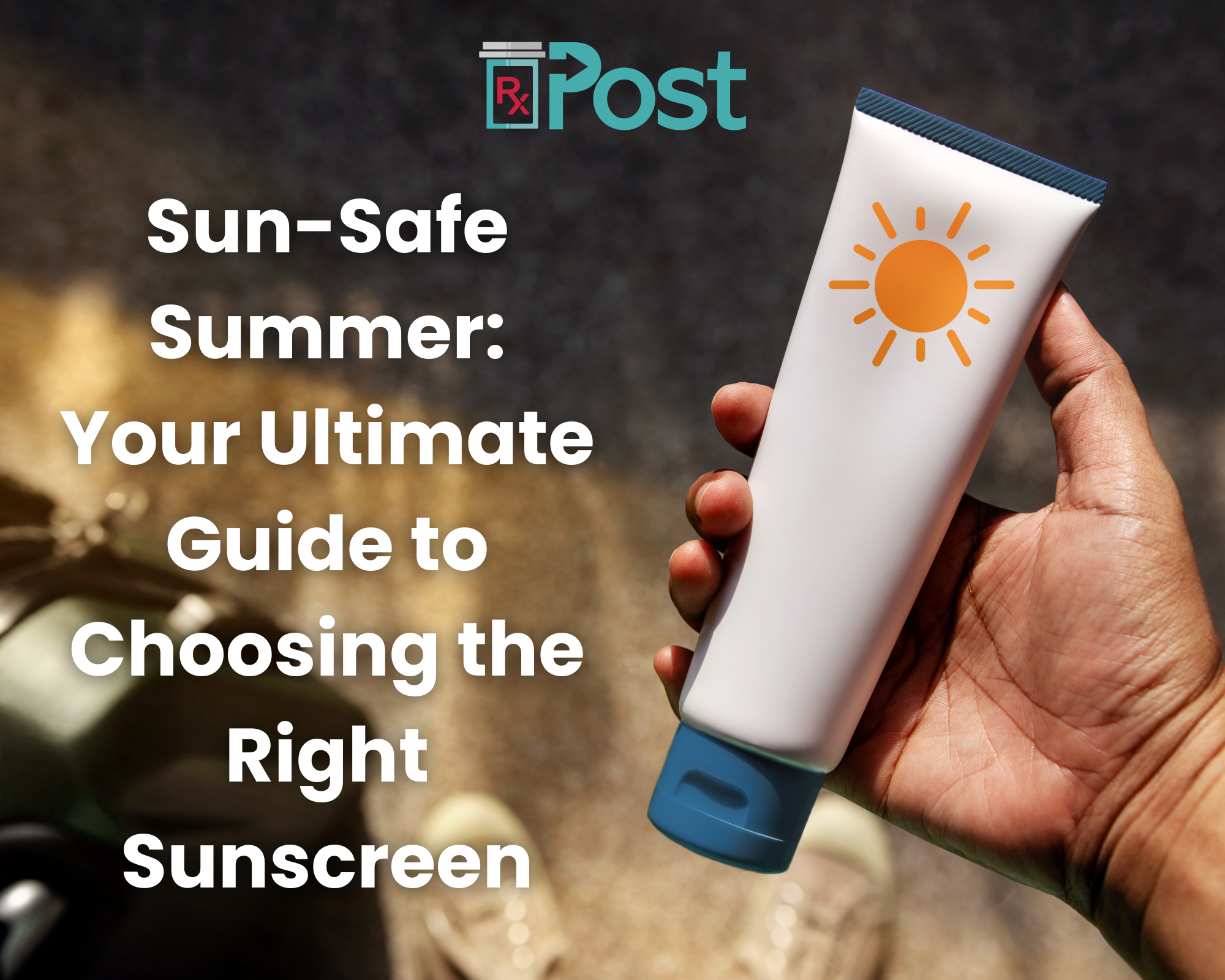(Estimated reading time 5-6 minutes)
Discover the best sun protection strategies, understand mineral vs. chemical sunscreens, and learn essential tips for babies and children. Your comprehensive guide to summer skin safety!
Introduction
As the summer sun beckons us outdoors, it's crucial to remember that effective summertime sun protection is more than just a cosmetic concern—it's a vital aspect of our overall health. The sun's UV rays, while providing us with essential vitamin D, can also be a hidden danger, potentially leading to skin damage, premature aging, and even skin cancer. By understanding and implementing proper sun protection measures, we're not just preserving our youthful appearance; we're investing in our long-term health and well-being.
Essential Sun Protection Tips
When it comes to shielding your skin from harmful UV rays, sunscreen is just one piece of the puzzle. Here are two critical sun protection strategies to incorporate into your routine:
1. Seek Shade and Time it Right: The sun's rays are strongest between 10 a.m. and 4 p.m. Plan your outdoor activities for early morning or late afternoon when possible. If you must be out during peak hours, seek shade under trees, umbrellas, or other structures to minimize direct sun exposure and reduce your risk of sun damage.
2. Dress for Sun Success: Your clothing can be a powerful ally in the fight against UV rays. Opt for tightly woven fabrics in dark colors, which provide better protection than light, loose-knit clothing. Don't forget a wide-brimmed hat to shield your face, neck, and ears, and UV-blocking sunglasses to protect your eyes and the delicate skin around them.
Mineral vs. Chemical Sunblocks: Decoding the Difference
When it comes to sunscreens, not all formulations are created equal. Let's break down the two main types: mineral and chemical sunblock.
Mineral Sunblocks
Mineral sunscreens, often called physical sunblocks, work like a protective shield on your skin. Imagine tiny mirrors reflecting the sun's rays away from your body. The active ingredients in mineral sunblocks are typically zinc oxide and titanium dioxide.
Pros:
• Immediately effective upon application
• Less likely to cause skin irritation
• Better for sensitive skin and children
• May feel heavier or greasier
Chemical Sunblocks
Chemical sunscreens work more like a sponge, absorbing the sun's rays before they can damage your skin. Common ingredients include oxybenzone, avobenzone, and octisalate.
Pros:
• Usually lighter and easier to applyCons:
• Need to be applied 15-30 minutes before sun exposure• May irritate sensitive skin
• Some ingredients (like oxybenzone) have raised environmental concerns
Both types can be effective when used correctly. The best sunscreen is ultimately the one you'll use consistently!
Sun Protection for Babies and Young Children
When it comes to our little ones, sun protection takes on even greater importance. A baby's sensitive skin is particularly vulnerable to sun damage, and childhood sunburns can significantly increase the risk of skin cancer later in life.
Here are some key considerations:
1. Avoid Direct Sunlight: For babies under 6 months, it's best to avoid direct sun exposure altogether. Use shade, protective clothing, and stroller canopies.
2. Choose the Right Sunscreen: For babies over 6 months, use a broad-spectrum, pediatrician-recommended sunscreen with an SPF of at least 30. Mineral sunscreens with zinc oxide or titanium dioxide are often preferred for sensitive baby skin.
3. Reapply Frequently: Children's active play and water activities mean sunscreen needs to be reapplied more often, typically every 2 hours or after swimming or excessive sweating.
4. Set a Good Example: Children learn by watching. Make sun protection a family habit by consistently practicing safe sun behaviors yourself.
Conclusion
Proper sun protection is a crucial investment in your long-term health and well-being. By understanding the differences between mineral and chemical sunscreens, implementing comprehensive sun protection strategies, and taking special care with children's sensitive skin, you're not just preventing sunburn—you're reducing your risk of skin cancer, preserving your skin's youthful appearance, and protecting your skin's immune function.
Remember, the best sun protection routine is one that you can maintain consistently. Whether you prefer the shield-like protection of mineral sunscreens or the easy application of chemical formulations, the most important thing is to use them regularly and in combination with other sun-safe behaviors.
Take action today to protect your skin. Your future self will thank you for the healthy, radiant complexion that comes from years of diligent sun protection. After all, every day is an opportunity to show your skin some love and care!
Frequently Asked Questions
1. How often should I reapply sunscreen?
Reapply sunscreen every 2 hours, or more frequently if swimming or sweating.
2. Can I get enough vitamin D while using sunscreen?
Yes, you can still produce vitamin D with sunscreen use. Consult your doctor about vitamin D supplementation if concerned.
3. Are higher SPF sunscreens better?
SPF 30 blocks 97% of UVB rays, while SPF 50 blocks 98%. The difference is minimal, but proper application and reapplication are key.
4. Is a base tan protective against sunburn?
No, a base tan provides very little sun protection and indicates skin damage has already occurred.
5. Can I use the same sunscreen for my face and body?
While you can, facial skin is often more sensitive. Consider using a non-comedogenic, fragrance-free sunscreen formulated specifically for the face.
If you have any further questions about sun protection or choosing the right sunscreen for your needs, don't hesitate to speak with your friendly neighborhood pharmacist. They are a valuable resource for personalized advice. To find a pharmacy near you, visit findyourpharmacy.com for a comprehensive directory of local pharmacies ready to assist you.
___________________________________________________________________________________________
P.S. Pharmacists, boost your online presence effortlessly – share this ready-made, SEO-friendly content on your pharmacy's website to provide valuable sun safety information to your community!
Interested in savings on prescription medications? RxPost can help you buy or sell excess drug inventory to improve your profits and offer better patient service. Learn more about RxPost here.

